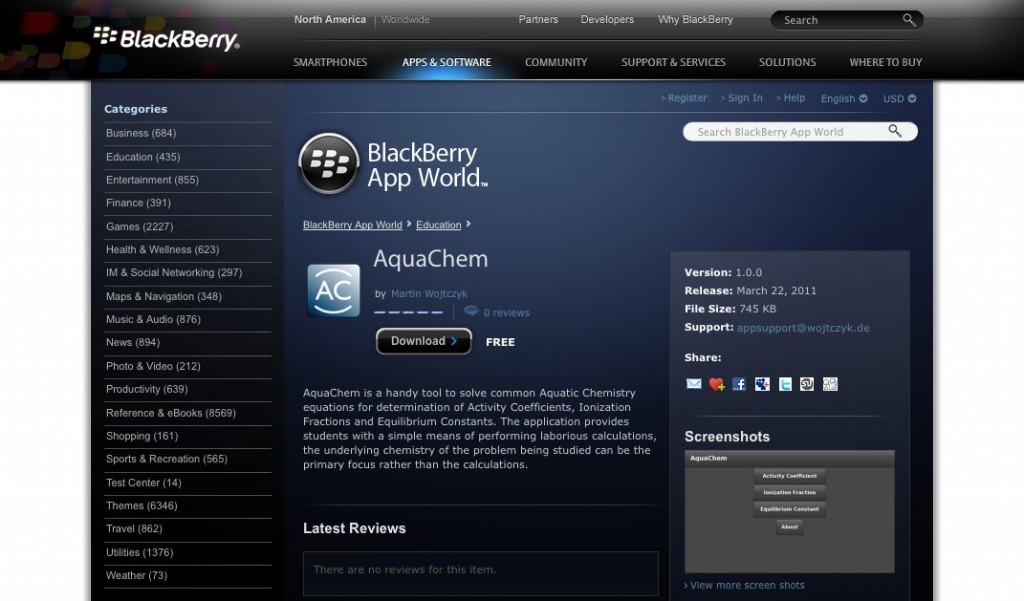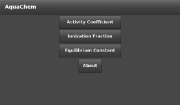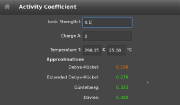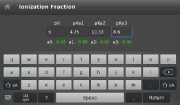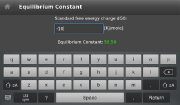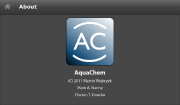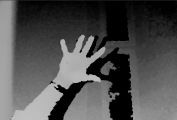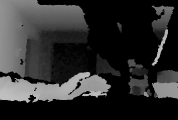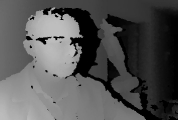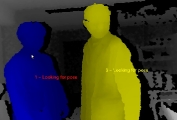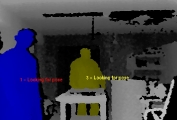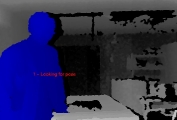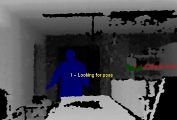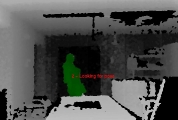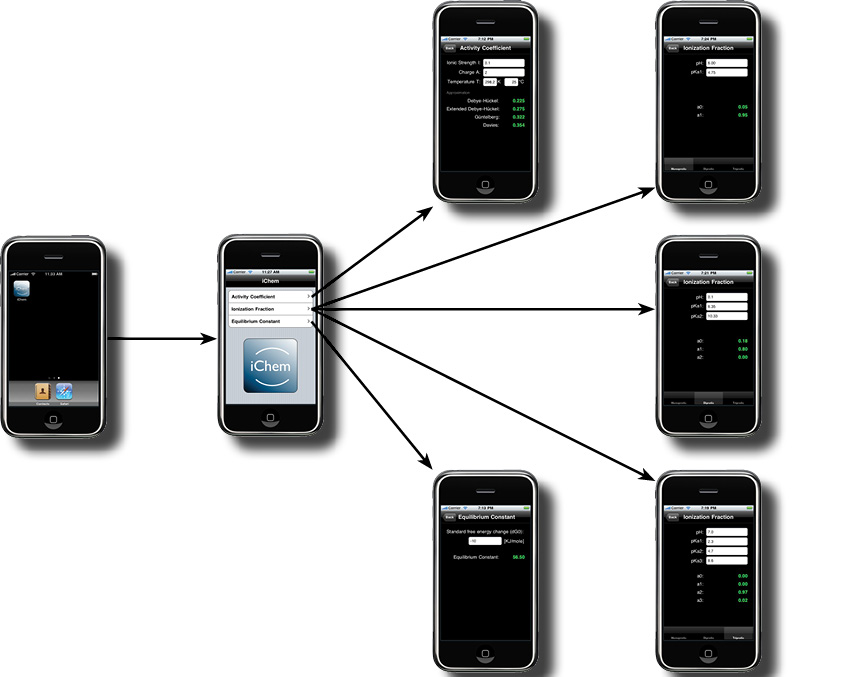We just won $1000 – One Thousand US Dollars! Awesome! Thank you Intel!
During the time of December 17th to February 20th Intel held the Perceptual Computing Challenge Phase 1. I entered “Google Earth Controller”, an application demonstrating touch-free navigation of Google Earth utilizing an Interactive Gesture Camera and the Intel Perceptual Computing SDK.
It allows you to fly like Superman across Earth or other planets while staying seated in your favorite chair! See video below.
Yesterday afternoon the winners were announced and Team “W” is happy that “Google Earth Controller” was awarded with Second Place. While this was just a weekend warm-up hack we are getting ready for Phase 2 of the challenge. Stay tuned!




